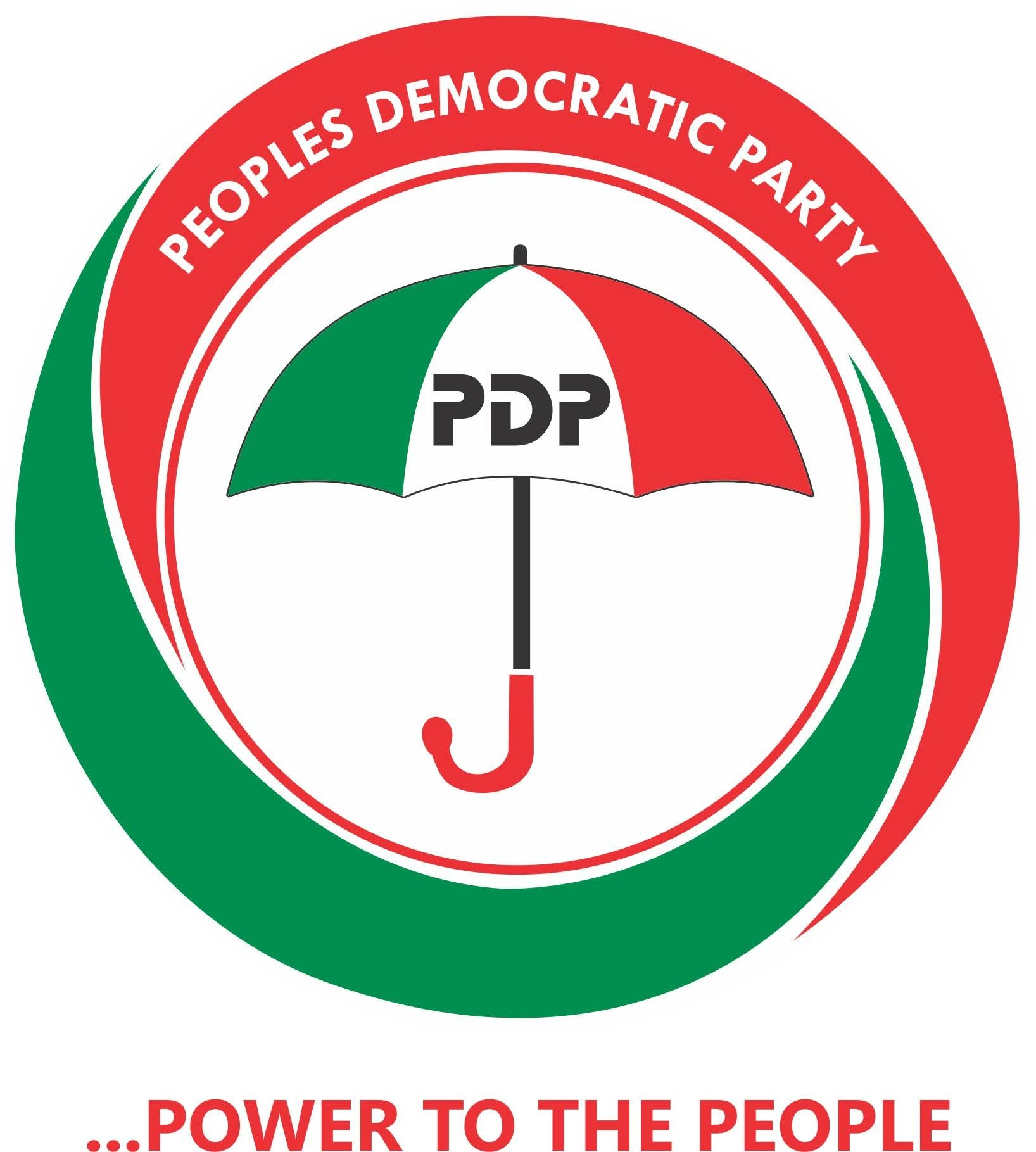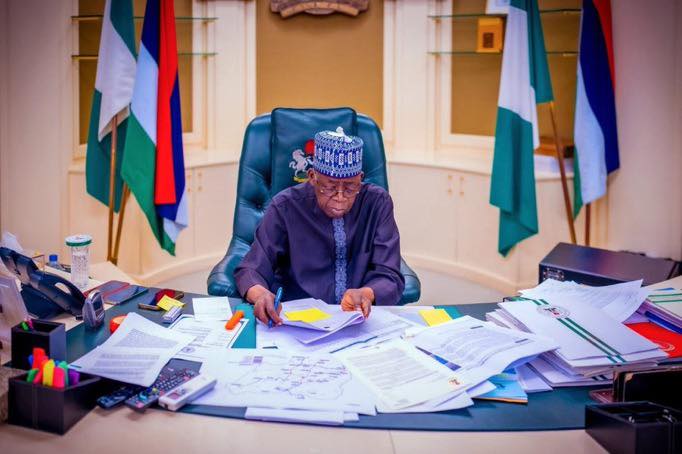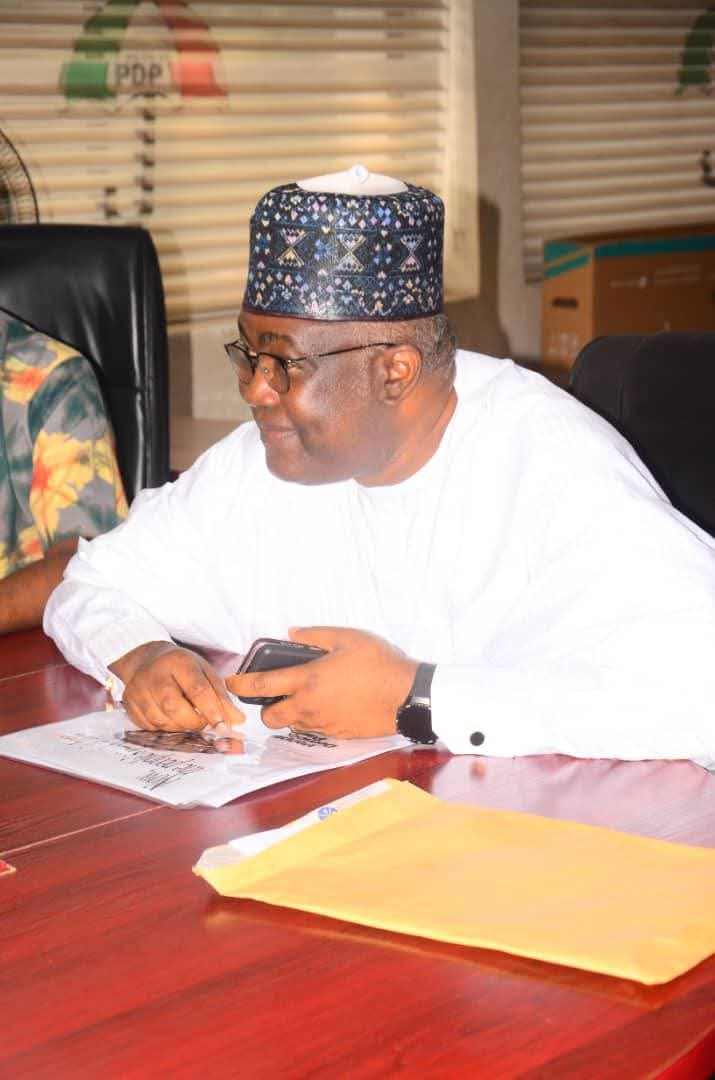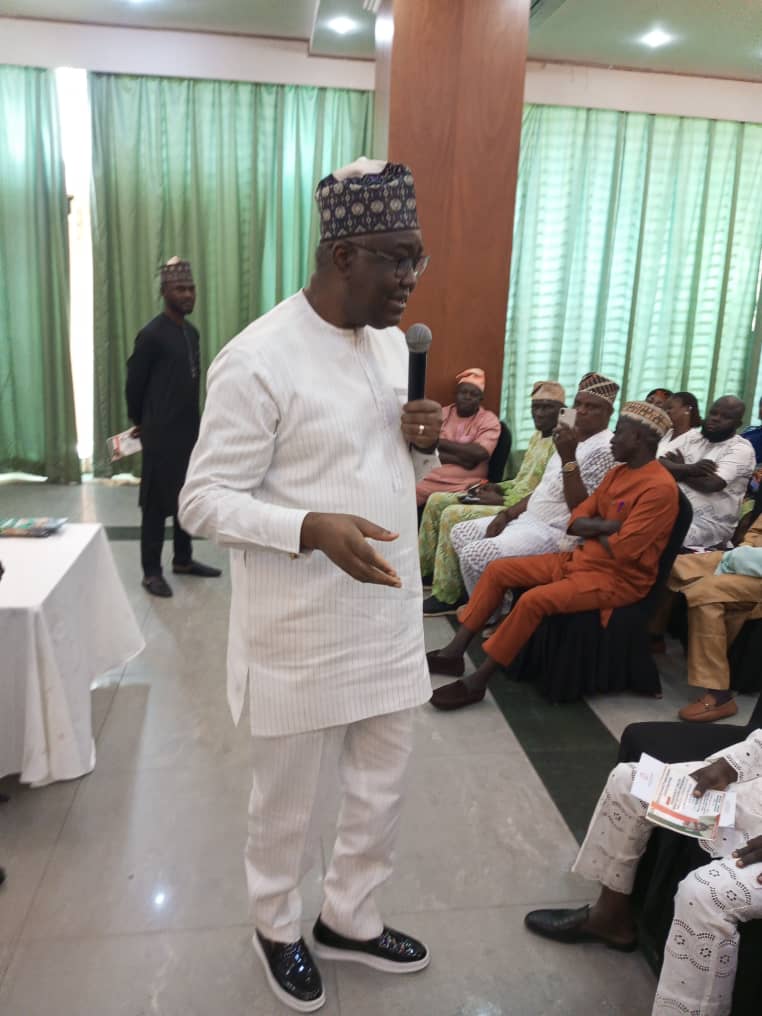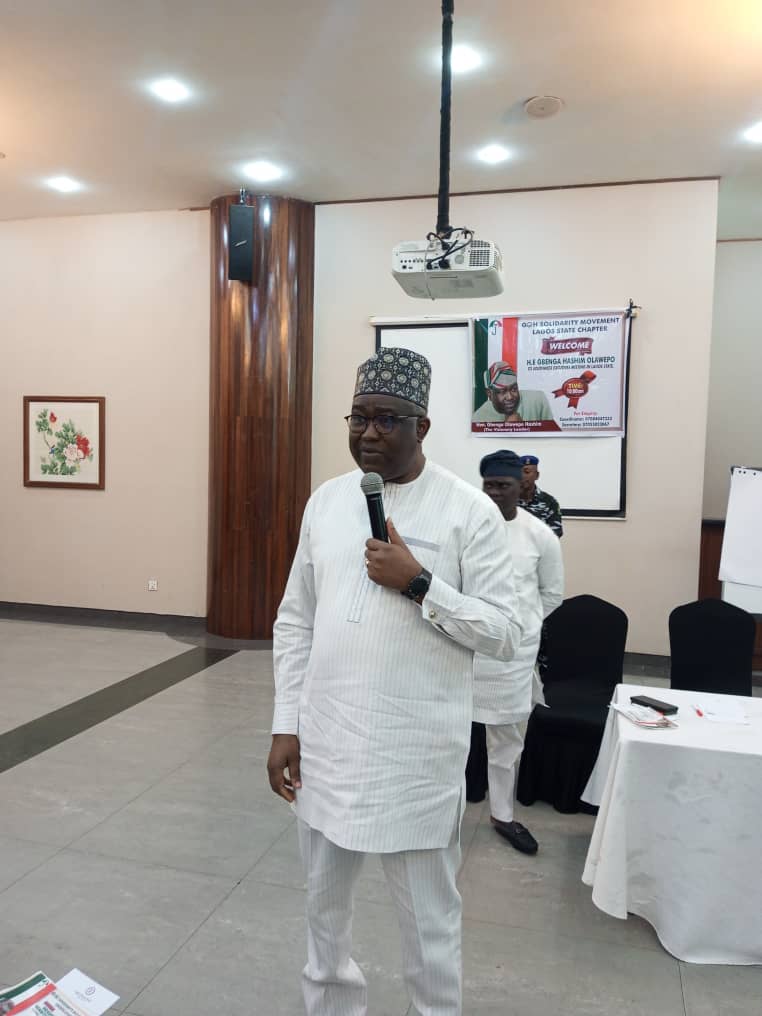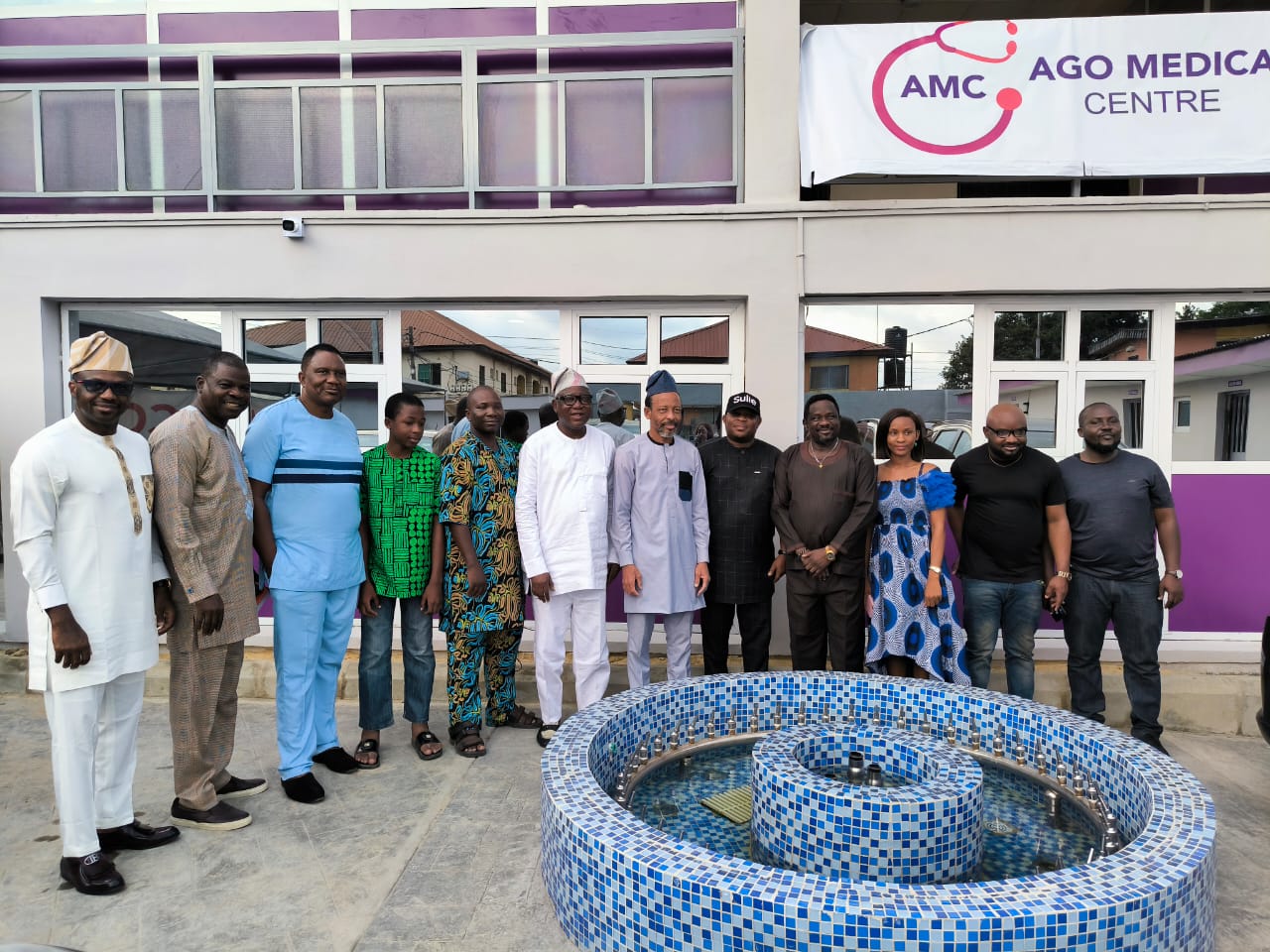By Ezenwa Nwagwu
Is Nigeria truly moving towards a one-party state? This narrative has been gaining traction. Indeed, a small library of commentaries has been growing around the issue in recent weeks and, quite frankly, has also got me thinking. What is driving this perception? Is it simply a reflection of the growing weakness and disorganisation within the major opposition itself? Or is it a symptom of something deeper?
Before we rush into answering any of these questions, I believe we need to take a step back and have a thought-provoking conversation about what is really driving this narrative.
Could this all be tactics by the major opposition to play the victim ? Or is the ruling party truly using its influence to pull opposition figures into its corner? Or maybe—just maybe—this is yet another reflection of the deep-rooted challenge of opportunism that has come to define Nigerian politics.
This matters deeply because, first, politicians in Nigeria have a very interesting way of setting the agenda. They craft narratives and bank on the assumption that Nigerians won’t question them. Sadly, that assumption often holds true. We adopt their talking points, amplify their diversions, and ignore the real issues.
Secondly, the behavior of our politicians doesn’t just shape party politics. It defines the strength of our democracy, the integrity of our elections, and the future of governance in Nigeria. What appears to be a one-party drift may, in fact, be something far more telling about our political culture.
What are the real issues? It is my view that instead of getting carried away with all this talk about a one-party state, we should be paying closer attention to the way our politicians behave when the lose out on power, and how the opposition keeps falling short of its responsibility.
Because let’s face it, if opposition parties, many of which were recently in power and have a history of cross-carpeting, are the ones raising alarm over a one-party drift, then we need to seriously examine the state of our politics. It reflects a deeper institutional failure, where opposition is not grounded in ideology or accountability, ut in personal ambition and survival.
The idea of democracy thrives not just because there’s a ruling party but because there’s a strong, credible opposition to keep it in check. Right now, that’s what we’re missing.
I have repeatedly said that to be seen as the leader (s) of the opposition in a country as vast and complex as Nigeria is no small role. It is a position that should come with vision and responsibility. Unfortunately, the current major opposition continues to fall short, showing little evidence of the structure or strategic thinking needed to play that role effectively.
But let’s even attempt to look into the current claim that Nigeria is drifting toward a one-party state. This is a catchy, fear-stirring narrative. But is it true?
To truly appreciate the weight of that claim, we must first understand what a one-party state really means. It is not merely a situation where one political party holds sway; it is a system where all opposing voices are silenced—by force, by law, or by fear. In a one-party state, elections are a ritual, not a contest. The ruling party becomes the government, the legislature, the judiciary, and the voice of the people—all rolled into one. There is no room for dissent, no legitimacy for alternative ideas, and no credible path for power to change hands peacefully.
Now, let’s look at the facts. The 2023 general elections produced what may be the most diverse National Assembly since the return to democracy in 1999. In the House of Representatives, nearly 49% of the seats are held by opposition parties, leaving the ruling party with just a slight majority. In the Senate, the opposition controls closely 30% of the seats—a significant presence by any democratic standard. These numbers matter because they directly contradict the notion of a collapsing political space. A one-party state does not leave room for nearly half of parliament to belong to rival platforms.
For me, the troubling reality is not that the ruling party is snuffing out alternatives. It’s that many opposition figures are unwilling or unable to act as true counterweights.
Most of the political elite in Nigeria have never been invested in building a strong opposition. What we see instead is high-level opportunism. Our parties function as Special Purpose Vehicles—structures people board when it’s their turn to run, only to jump off when the ticket isn’t granted. That’s why the opposition lacks the intricate values that make it a real counterforce. There’s no consistent ideology, no clear alternative agenda—just a scramble for relevance and power.
Nigerias’ political environment has been about cronyism and patronage. The frequent defections we see are not coerced; they’re calculated moves by politicians chasing proximity to power, not fighting for principle or ideology.
Our politicians must learn from their counterparts in other countries. Take a look at Ghana, for example. When the New Patriotic Party (NPP) lost the presidential election in 2008, Nana Akufo-Addo didn’t abandon his party. He didn’t start negotiating with the ruling National Democratic Congress (NDC) for favorsor appointments. He stayed, he rebuilt, and he returned to contest again—and lost. Still, he stayed. It took him three tries before he was elected president in 2016. That is what political consistency and party loyalty look like. Even in the face of disappointment, he and many others within the NPP never defected to the NDC, when out of power, has also remained intact and committed to returning through the ballot—not through alliances of convenience.
You don’t see the kind of mass defections in Ghana that have become routine in Nigeria. The political elite there understand the long game. They understand that opposition is not a punishment—it’s a responsibility. In Nigeria, however, the story is different.
What is striking about Nigeria’s current political landscape is that there is no real “new kid on the block.” All the major players in opposition today were once in position. They have either been governors, ministers, or party chieftains in past administrations.
Their grievances, therefore, can’t always be separated from personal ambition or loss of access rather than a principled stand against governance failures. Thus, lack of ideological contrast is part of why the conversation around a one-party state feels more like political theatre than a genuine democratic crisis.
So, is Nigeria becoming a one-party state? Not quite. For me, what we are seeing is not the overpowering strength of the ruling party but the staggering weakness of the opposition.
Let’s be honest. No ruling party anywhere in the world will fold its arms simply to avoid being accused of enticing members of the opposition.
The threat to our democracy isn’t just from the dominance of the ruling party but from the failure of opposition parties to rise to the occasion. Until we begin to take seriously the role of opposition as a pillar of democracy—and not just a waiting room for the next round of appointments—this cycle of opportunism will continue. If our democracy is to thrive, we need more than elections. We need accountability, consistency, and courage—especially from those who claim to challenge the status quo.
**Ezenwa Nwagwu is the Executive Director Peering Advocacy and Advancement Center in Africa


